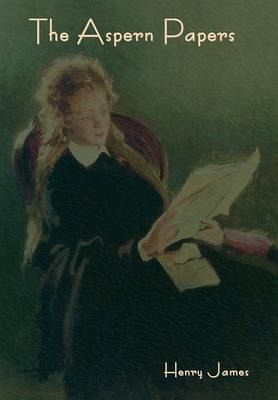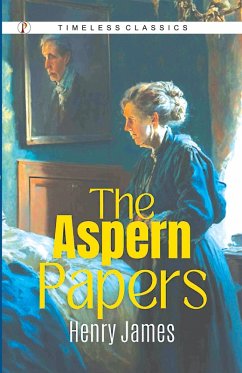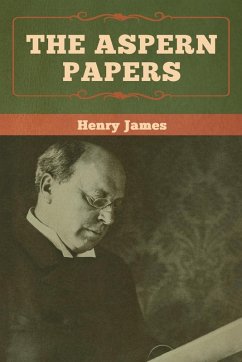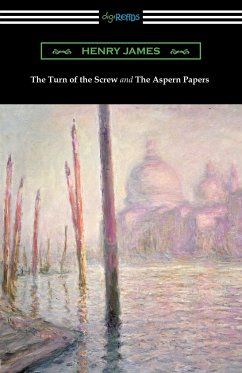
The Aspern Papers
Versandkostenfrei!
Versandfertig in über 4 Wochen
25,99 €
inkl. MwSt.

PAYBACK Punkte
13 °P sammeln!
The Aspern Papers is a novella by American writer Henry James, originally published in The Atlantic Monthly in 1888, with its first book publication later in the same year. One of James's best-known and most acclaimed longer tales, The Aspern Papers is based on the letters Percy Bysshe Shelley wrote to Mary Shelley's stepsister, Claire Clairmont, who saved them until she died. Set in Venice, The Aspern Papers demonstrates James's ability to generate suspense while never neglecting the development of his characters. James (a very private man) examines the conflicts involved when a biographer se...
The Aspern Papers is a novella by American writer Henry James, originally published in The Atlantic Monthly in 1888, with its first book publication later in the same year. One of James's best-known and most acclaimed longer tales, The Aspern Papers is based on the letters Percy Bysshe Shelley wrote to Mary Shelley's stepsister, Claire Clairmont, who saved them until she died. Set in Venice, The Aspern Papers demonstrates James's ability to generate suspense while never neglecting the development of his characters. James (a very private man) examines the conflicts involved when a biographer seeks to pry into the intimate life of his subject. James paints the nameless narrator of The Aspern Papers as, in Juliana's words, a "publishing scoundrel", but also generates sympathy for the narrator as he tries to work the papers loose from Juliana, who is presented as greedy, domineering and unappealing. The story unwinds into the double climax of Juliana's discovery of the narrator about to break into her desk, and Miss Tita's revelation that she has destroyed the papers. Miss Tita is ashamed of her marriage proposal to the narrator, but James implies that she does exactly the right thing by depriving him of the papers. In a way, she develops into the true heroine of the story. James thought so highly of this story that he put it first in volume 12 of The New York Edition, ahead of even The Turn of the Screw. Critics have almost unanimously agreed with him about the tale's superb quality. Leon Edel wrote, "The story moves with the rhythmic pace and tension of a mystery story; and the double climax ... gives this tale ... high drama". (wikipedia.org)














